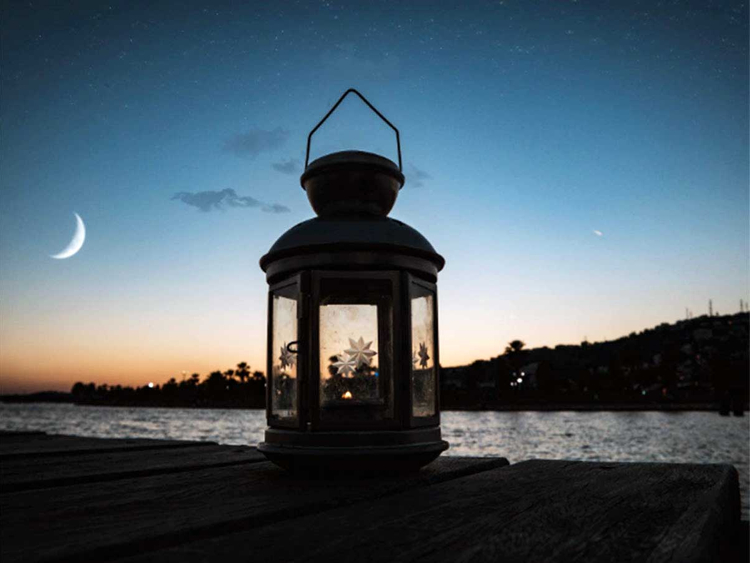A recent (ok, relatively recent) CDC report on a Presbyterian choir practice outbreak in March suggests that their might, just might, be a connection between singing and Covid-19. We know, we know – it’s crazy to think that a respiratory infection can be spread by an activity that involves the manipulation of air from the lungs through the mouth. But while evidence is still somewhat anecdotal, similar cases in Germany and Amsterdam seem to suggest that church choirs are hazardous for more than just your eardrums. Even before the CDC made its own (short-lived) recommendation against it, a panel of scientists and choral bigwigs gave a sobering webinar on the future of group singing.
This is a problem for many Christians, particularly Protestants. If Methodist, you like to belt out off-key notes to embarrass your kids. If African Methodist, you like to put that whitey’s butt to shame with your Gospel rhythms. Either way, singing is a Protestant’s most beautifully obnoxious and individualistic expression of love for Jesus Christ. Without it, we lose about 25%-30% of worship content. God forbid our sermons get LONGER.
But likely due to Great American Evangelical Episcopalian Donald Trump’s intervention, the CDC has since dropped their recommendation against group singing, but scientists are still wary, and many churches will likely keep things as sotto voce as possible for a while. I’m as militant low-liturgist as they come, but Catholicism’s relative quietude is starting to seem a little more reassuring than spittle-filled Baptist churches.


